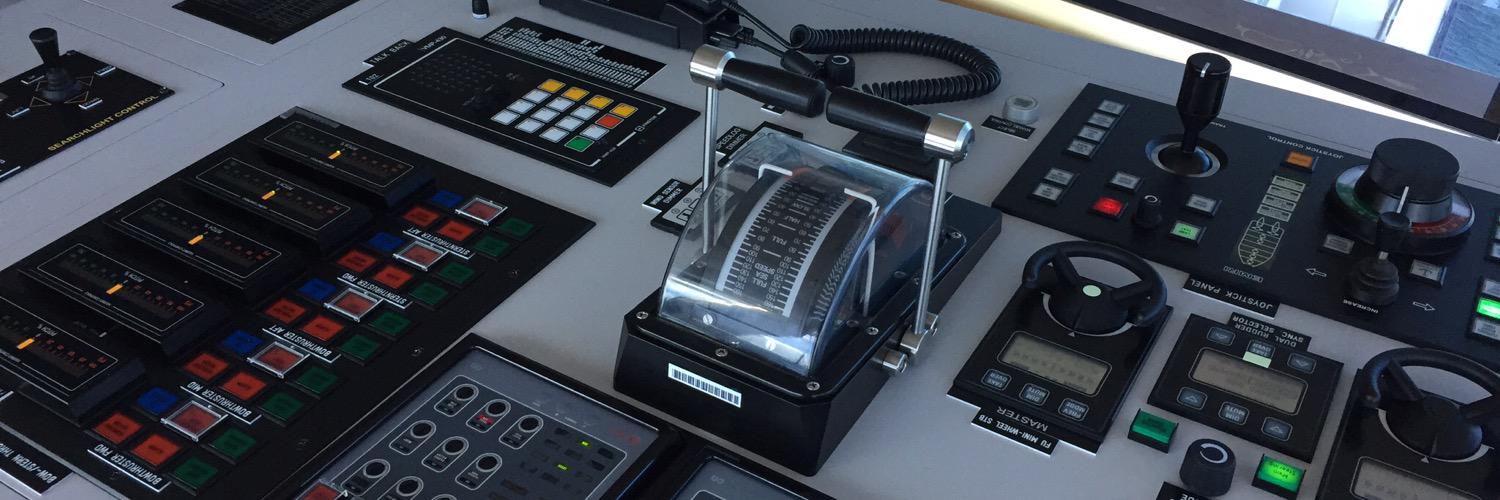TransAsia Airways Flight 235 had just departed from Taipei Songshan Airport in Taiwan on its way to Kinmen Airport in China. Moments after takeoff, an alarm sent a wave of panic through the cockpit. Engine number-2 had failed. At only 1,630 feet, there was very little room to act. Panic mode hit the crew. In a rush to react to the crisis, the pilot made a fatal mistake. Instead of adjusting the controls to remedy the failed number-2 engine, he accidently reduced power and subsequently shut down the operative engine number-1. Stall warnings filled the cockpit. He was unaware of his mistake and continue to try to regain control. But the loss of power from both engines was unrecoverable. The aircraft rolled and barely missed hitting an apartment building but struck a taxicab with the tip of its wing. The outboard section of the wing was torn off when it struck a concrete guardrail. It continued its roll and eventually struck the water upside down, breaking into two main pieces. Sadly, most of the passengers and crew would be lost.
“In an emergency situation, first, wind the clock.” James Tatum, an SRE leader on my team, pointed me to this sage advice used in military flight training. While a lot of the controls are now digital, it used to be the case that that in the array of displays, switches and buttons, there would be a manual clock timer in the cockpit. As the pilot was trained through many emergency situations, they were given the advice to “wind the clock.” It didn’t do anything or remedy the problem. Instead, it was to fix the pilot so they could fix the problem. The idea was to say, take a moment. Pause. Relax. Gain situational awareness and formulate a plan before acting. If the crew of Flight 235 had followed that advice, there is a possibility that they would have avoided the fatal error and could have recovered the situation, saving the lives of their passengers and fellow crew members.
Emergency! Panic! Our world is full of that. We are all going to face emergencies, crisis situations and crucial moments where our decisions must be immediate and correct.
As SREs on-call, my team is intimately familiar with demands of the job to restore services, react quickly to incidents and remedy failures. How do we react to alarms? When the call comes in, the pager siren rings or the dashboard goes red, what do we do? Before acting rashly, pause for a moment. Assess the situation. What is really broken? What is the best course of action? Proceed with thoughtful and calm determination.
Life is going to throw problems at you. You will need to react, and your actions will matter. But before you do… wind the clock.


